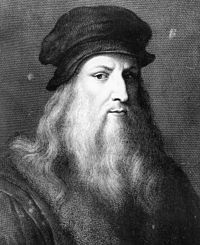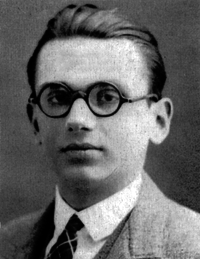

Philosophical theism is the belief that the Supreme Being exists (or must exist) independent of the teaching or revelation of any particular religion.[1] It represents belief in God entirely without doctrine, except for that which can be discerned by reason and the contemplation of natural laws. Some philosophical theists are persuaded of God's existence by philosophical arguments, while others consider themselves to have a religious faith that need not be, or could not be, supported by rational argument.
Philosophical theism has parallels with the 18th century philosophical view called Deism.
Philosophical theism conceives of nature as the result of purposive activity and so as an intelligible system open to human understanding, although possibly never completely understandable. It implies the belief that nature is ordered according to some sort of consistent plan and manifests a single purpose or intention, however incomprehensible or inexplicable. However, philosophical theists do not endorse or adhere to the theology or doctrines of any organized religion or church. They may accept arguments or observations about the existence of a god advanced by theologians working in some religious tradition, but reject the tradition itself. (For example, a philosophical theist might believe certain Christian arguments about God while nevertheless rejecting Christianity.)